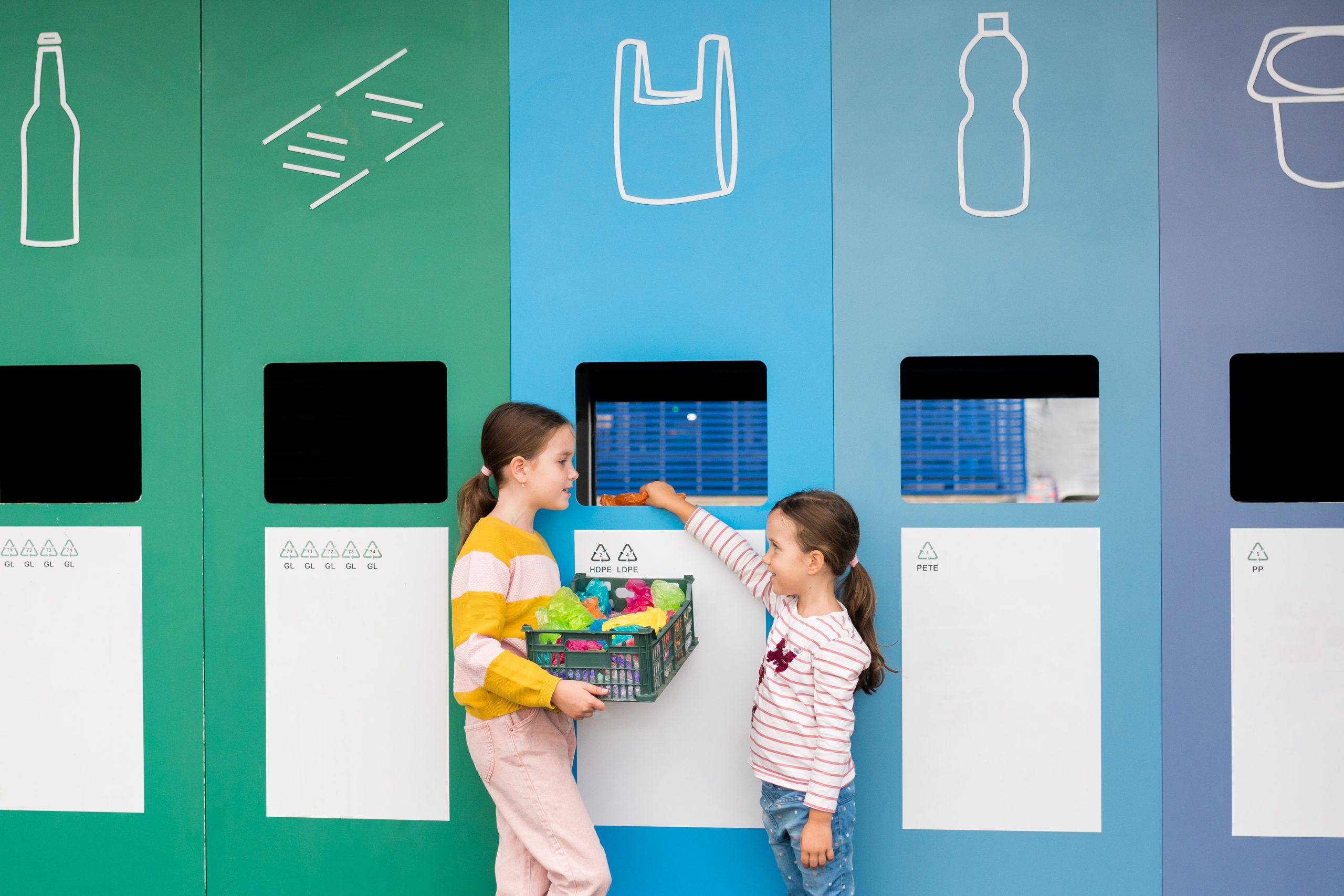In an era defined by environmental consciousness and sustainability, waste reduction and recycling have become crucial. As communities worldwide face waste management challenges, minimizing waste and maximizing recycling are essential for a cleaner, healthier planet.
The Global Challenge of Waste
Annually, the world generates billions of tons of waste, much of which ends up in landfills, incinerators, or polluting oceans and landscapes. This waste has a profound environmental impact, contributing to greenhouse gas emissions, soil contamination, and habitat destruction. Addressing this problem requires reducing waste at its source, increasing recycling rates, and promoting sustainable consumption practices.
The Three R’s: Reduce, Reuse, Recycle
Central to waste reduction and recycling are the principles of the three R’s:
Reduce: The first step in minimizing waste is to reduce consumption and eliminate unnecessary packaging. Initiatives like product redesign, using refillable containers, and opting for digital alternatives to paper can achieve this.
Reuse: Encouraging the reuse of products and materials extends their lifespan and reduces the demand for new resources. This includes donating items to charity, repurposing containers for storage, and repairing goods rather than replacing them.
Recycle: Recycling involves processing used materials into new products, conserving raw materials, and reducing energy consumption. Commonly recycled materials include paper, glass, plastics, and metals, each requiring specialized processes to transform them into reusable materials.

Technological Innovations in Recycling
Advancements in technology have made recycling more efficient and cost-effective. Innovations like optical sorting systems, which use sensors to identify and separate different types of recyclables, have streamlined the recycling process. Developments in chemical recycling techniques offer solutions for materials traditionally difficult to recycle, such as certain plastics.
Community and Corporate Initiatives
Communities and businesses play pivotal roles in waste reduction and recycling efforts:
Community Engagement: Local governments and organizations promote recycling through educational campaigns, providing recycling facilities, and implementing policies that encourage sustainable practices.
Corporate Responsibility: Many companies have adopted sustainability goals that include reducing waste, using recycled materials in their products, and implementing closed-loop systems where products are recycled back into the manufacturing process.
Challenges and Opportunities
Despite progress, challenges remain in achieving comprehensive waste reduction and recycling goals. Issues such as contamination of recyclables, inconsistent recycling practices across regions, and inadequate infrastructure pose obstacles to maximizing recycling rates. Addressing these challenges requires continued investment in education, infrastructure, and technological innovation.
The Path Forward: A Call to Action
The imperative to reduce waste and increase recycling has never been clearer. Governments, businesses, and individuals must adopt sustainable practices that preserve natural resources and protect the environment for future generations. By embracing the principles of reduce, reuse, and recycle, we can create a more sustainable world where waste is minimized, resources are conserved, and ecosystems thrive.
Waste reduction and recycling represent not only environmental stewardship but also economic opportunity and social responsibility. By embracing innovation, fostering collaboration, and empowering communities, we can pave the way towards a sustainable future where waste is seen not as a burden but as a valuable resource to be utilized wisely.














